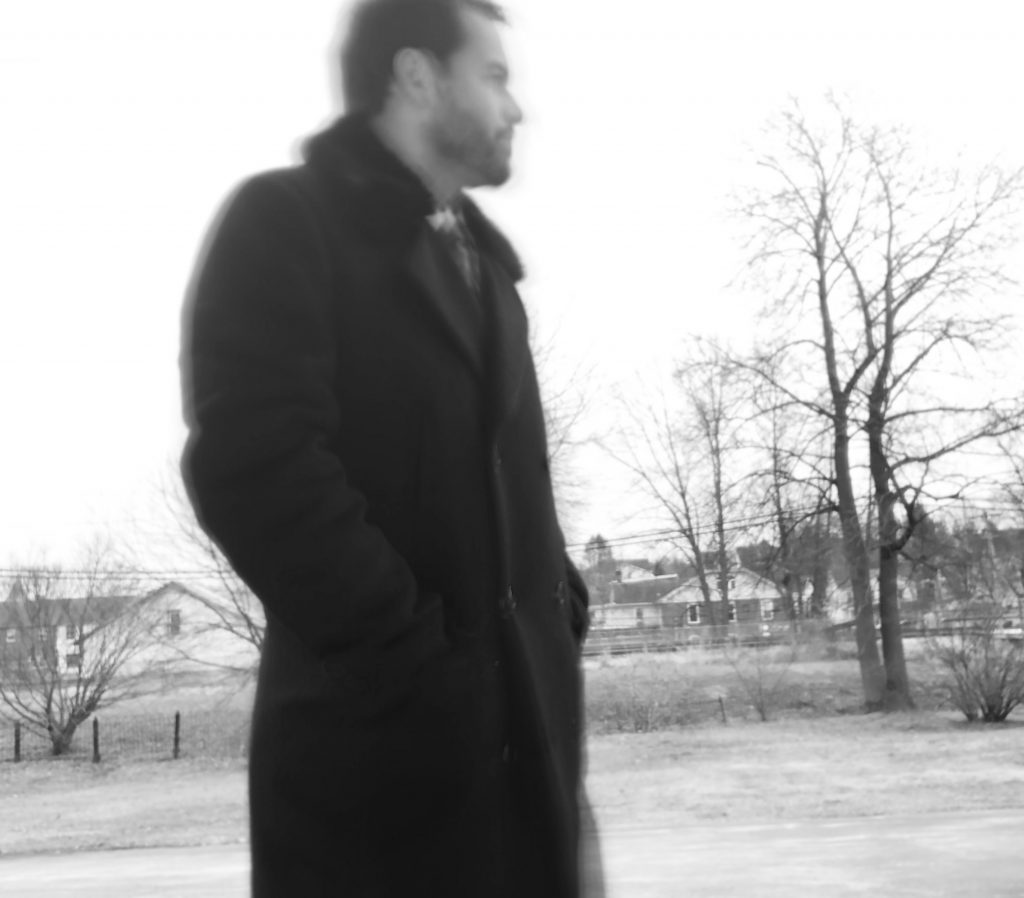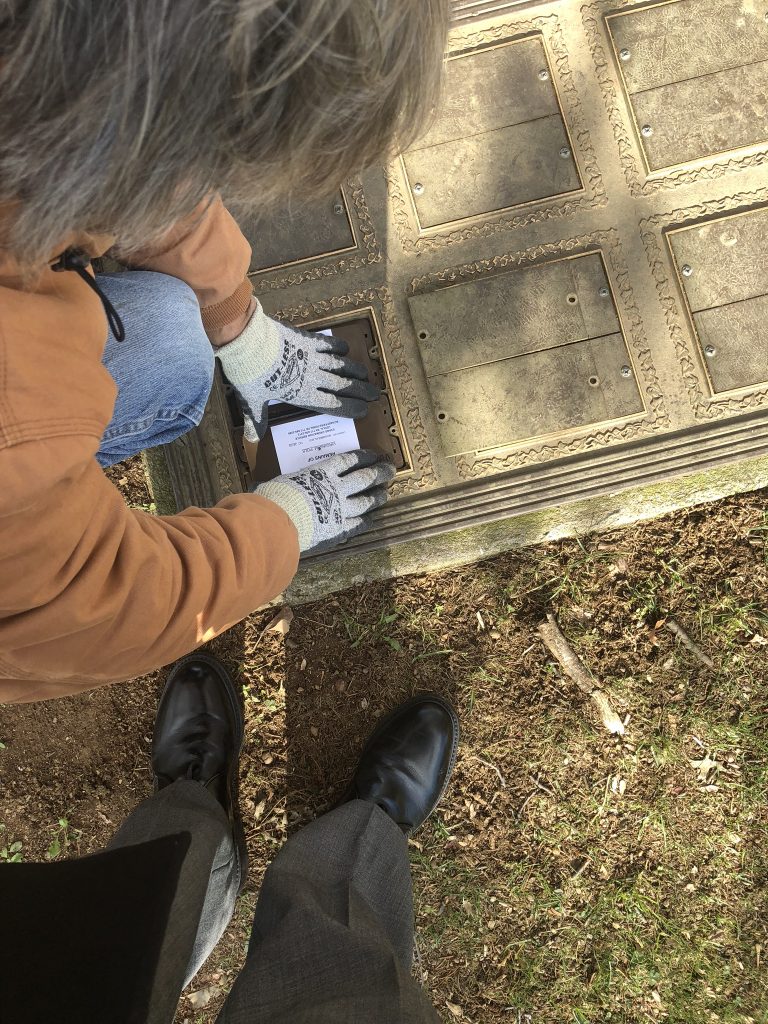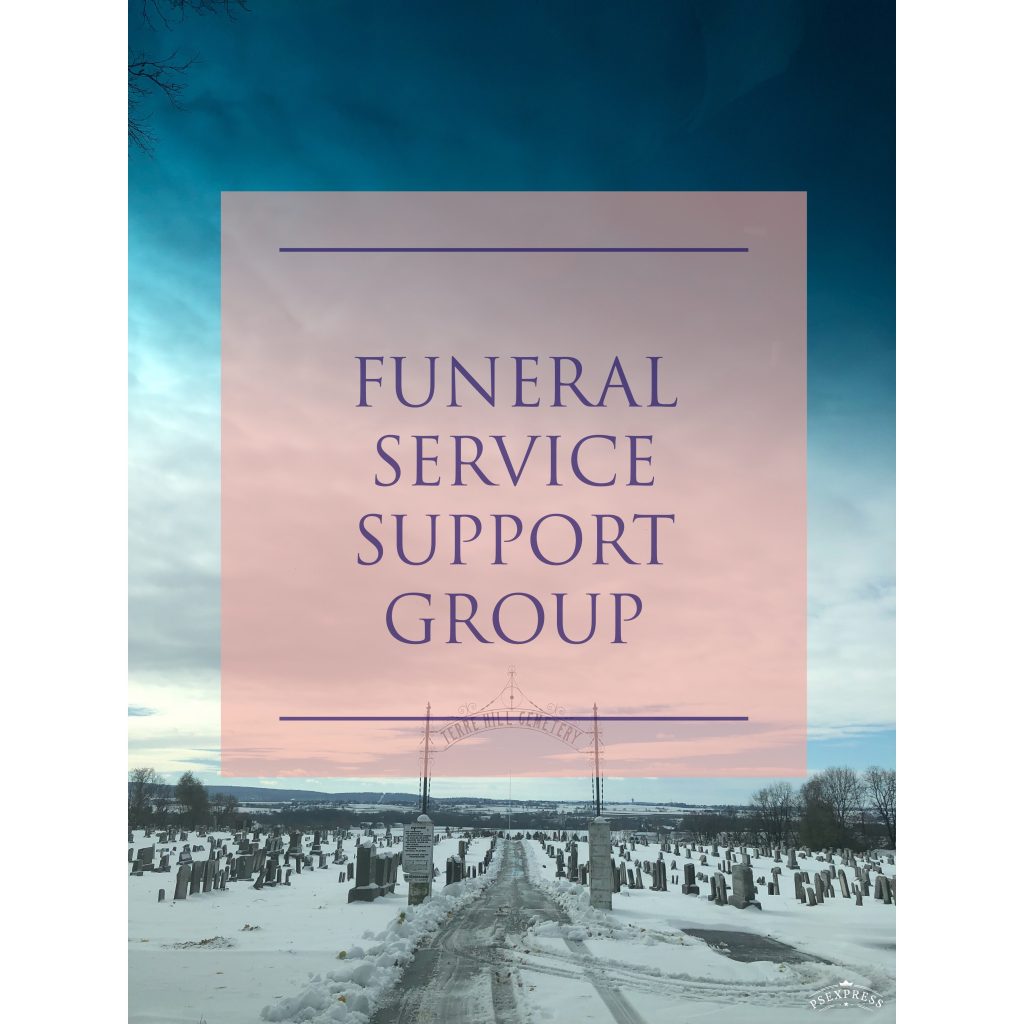Death
You Haven’t Failed
 Friends, you’re not a failure!
Friends, you’re not a failure!
—
When your loved one dies, you haven’t failed them.
—
When you haven’t practiced the best self care because death has consumed you, you’re not a failure.
—
When you go back to work and you’re still grieving just as hard as ever, you’re not a failure.
—
When the decision is made to take your loved one off of life support, you’re not a failure!
—
When you can’t decide on what music your loved one would want for the memorial service or what outfit they should wear for the viewing, or the type of food for the luncheon, you’re not a failure.
—
If there’s tension in your family — with your siblings or children — you’re not a failure.
—
If you’re just getting by or you can’t do it and you have no idea how you’ll go another day, you’re not a failure.
—
If you need to ask your doctor to increase your antidepressants, if you need to see a therapist, if you need to be alone and away from people, you’re not a failure.
—
If you need people in your life, you’re not a failure.
—
If you need help, you’re not a failure.
—
If you’re angry at the deceased, or you’re not grieving the way you think you should be (FYI, there’s no right way), if you feel guilty, or you laugh and feel some joy, you’re not a failure.
—
If you’re finding new love, you’re not a failure.
—
If you “missed the (sickness) signs”, you’re not a failure.
—
If you haven’t done the laundry and there’s a pile of dishes in the sink, death is messy and you haven’t failed!
—
It isn’t your fault. It wasn’t your fault. You can’t stop death. Like the setting of the sun,it comes, and when it does, never be ashamed of your humanity.
—
Please add your own “If (fill in the blank) you’re not a failure!”in the comments below!
Working with my depression

I’ve never been 100% sure that I belong in this business. The ideal model of a funeral director is a paragon of sanguinity and stability. I’m neither.
—
I have depression. Whether it’s an illness, or due to the work I do, or a product of both, it’s bad enough that two different anti-depressants at above normal dosages are just enough to keep me from sliding down the slippery slope. I’ve been open about my depression on the internet and it’s elicited a lot of support, but the voices that scream loudest come from those stable funeral directors who send me a “this job isn’t for you”, “it’s time to get out”, and “just suck it up, millennial” message or comment. I’ve tried not to pay them mind (that is the first rule of an online platform), but it reinforces my own self-doubt.
—
For most of my career, I’ve been ashamed of my depression, of the thoughts that bombard my mind. Ashamed that I spend SO MUCH energy trying to keep myself upright that I have so little energy left for others. Ashamed that I’m not and will never be entirely stable. But over the last couple of years, I’ve started to make a change in how I approach depression. Grammatically, it’s a simple change in a preposition. Here’s the change: for most of my career, I tried to work AROUND my depression, but recently I’m trying to work WITH it.
—
Here’s what that means for me: it’s an acknowledgment — that comes from years of reinforcement — that I have depression. I no longer paint smiles on my face, or try to exude this veneer that I have it all together. I’m just … myself. I don’t want to go Pollyanna and give you the impression that everything’s better when we accept ourselves, because it’s not. But it does give those around us the permission to do the same. Oddly enough, around death and grief, my weakness can be a strength. Because when we acknowledge our pain, we lay the cornerstone in the sanctuary of grief. And if I can build a sanctuary for grief, that’s something I can feel good about.
They died from a broken heart
 They died from broken hearts.
They died from broken hearts.
—
To the skeptic, “died from a broken heart” is a romanticized line from a fictional fairytale. It’s impossible, they might say, to determine if emotional grief was THE cause of death, which is why — they’d say— a doctor will never write “broken heart” on a person’s death certificate.
—
The skeptic would be half right. A doctor will never write “broken heart” on a death certificate, but science has validated the stuff of fairytales. It’s called takotsubo cardiomyopathy, or stress induced cardiomyopathy . . . it’s a psychosomatic condition or event that occurs when grief, stress, and/or mental anguish causes a surge of hormones, effectively shocking the heart and sometimes resulting in death.
—
Any funeral director who’s been around long enough has likely seen it happen, usually between a couple who’s been married for a long time and just can’t seem to exist without the other. It’s like the couple has become so close, they’re like siamese twins with shared organs.
—
The photo that you see is a Sexton placing two urns next to each other in an in-ground Columnbarium. The couple died one month apart from each other. There’s no way of proving stress induced cardiomyopathy was the cause, but they had been married for over 50 years with no kids and little social life. They were all they had and I think it would have been so incredibly difficult if one has lived without the other for an extended period of time.
—
Guys, love is real. It’s wonderful. It’s heartbreaking. And I do believe that love holds all the mysteries of the universe. It’s holds the past, the present and the future. It holds us together, and it evolves us to be more than the mere animals we are. Love is the magic of the world, but it’s more than magic. If I’ve learned anything, I’ve learned it exists as an actuality . . . and sometimes it exists in our hearts, whatever that means.
FUNERAL SERVICE SUPPORT GROUP

Hey, guys. If you’re a part of funeral service and you’ve happened upon some embalmer/funeral director groups on Facebook, you’ve probably found that the content can be helpful as it relates to practice, but the emotional/practical/human support is rarely helpful. In fact, it’s often hurtful.
As in many human service professions, there’s a stigma connected to sharing our personal struggles. If we share our struggles, we’re often told:
“Maybe you’re not cut our for this business.”
“Some of us just aren’t called.”
“You need to learn to control yourself.”
“This business is only for the strong.”
“There’s no such thing as burnout.”
And it’s bull shit. All of it. We are humans helping humans.
If we acknowledge the humanity in ourselves, it frees us to acknowledge the humanity of those we serve.
So I created a funeral service support group. It’s for those connected to funeral service (past, present, or future) and I’m hoping it provides a place where we can share our troubles without feeling shamed.
HERE’S THE LINK: FUNERAL SERVICE SUPPORT GROUP
You’ve done good, Love
 So, guys. You know what’s okay to do . . . even though it’s hard and slightly weird? It’s okay to tell yourself that you’re doing a good job.
So, guys. You know what’s okay to do . . . even though it’s hard and slightly weird? It’s okay to tell yourself that you’re doing a good job.
—
Life is hard. Death is hard. Grief is hard. Death care is hard. Getting out of bed, getting dressed, helping the kids get ready for school, and walking out the door to work isn’t easy. Some days, just getting out bed is a victory (especially after a night call [my selfie is a #nightcallselfie].
—
Let me speak for a minute to those of you in any kind of human service work (including parenting because that shit is the toughest of human services . . . and, lest I forget, the human service of self-care because the mental, physical, and spiritual health of ourselves is an uphill battle everyday, a steeper uphill battle for those of us with any kind of trauma or sickness). SO EVERYONE IS IN SOME FORM OF HUMAN SERVICE!
—
If you’re caring for the grieving, for the sick, or for the dead and dying, you’re doing a good job. If you’re caring for your family, kids, parents, relatives or the family you’ve chosen, you’re doing a good job. If you’re caring for yourself and your health and trauma, you’re doing a good job. How do I know? Because you’re here. You’ve made it this far.
—
But, let’s be honest: I don’t know you. I don’t know what you do. I don’t know your faults and struggles. I don’t know the nuances of your life. BUT YOU KNOW MORE OF YOU THAN ANYBODY.
—
Of course you have your faults. We all do. Faults are part of learning. Sins are chances for growth. Shit can grow flowers. But stop and look at how far you’re come.
—
I’m NOT an optimist. And I’ve never been a huge fan of positive self-talk, but I’m also a realist who knows that telling yourself good things usually produces better things. Because self-fulfilling prophecy works.
—
Today, I told myself that I’m doing a good job. I took a minute to look at the good I’ve done over the past five years (and sometimes that good is just surviving). As we head into the weekend, remind yourself the same. You’ve done good, Love.
—
#confessionsofafuneraldirector
